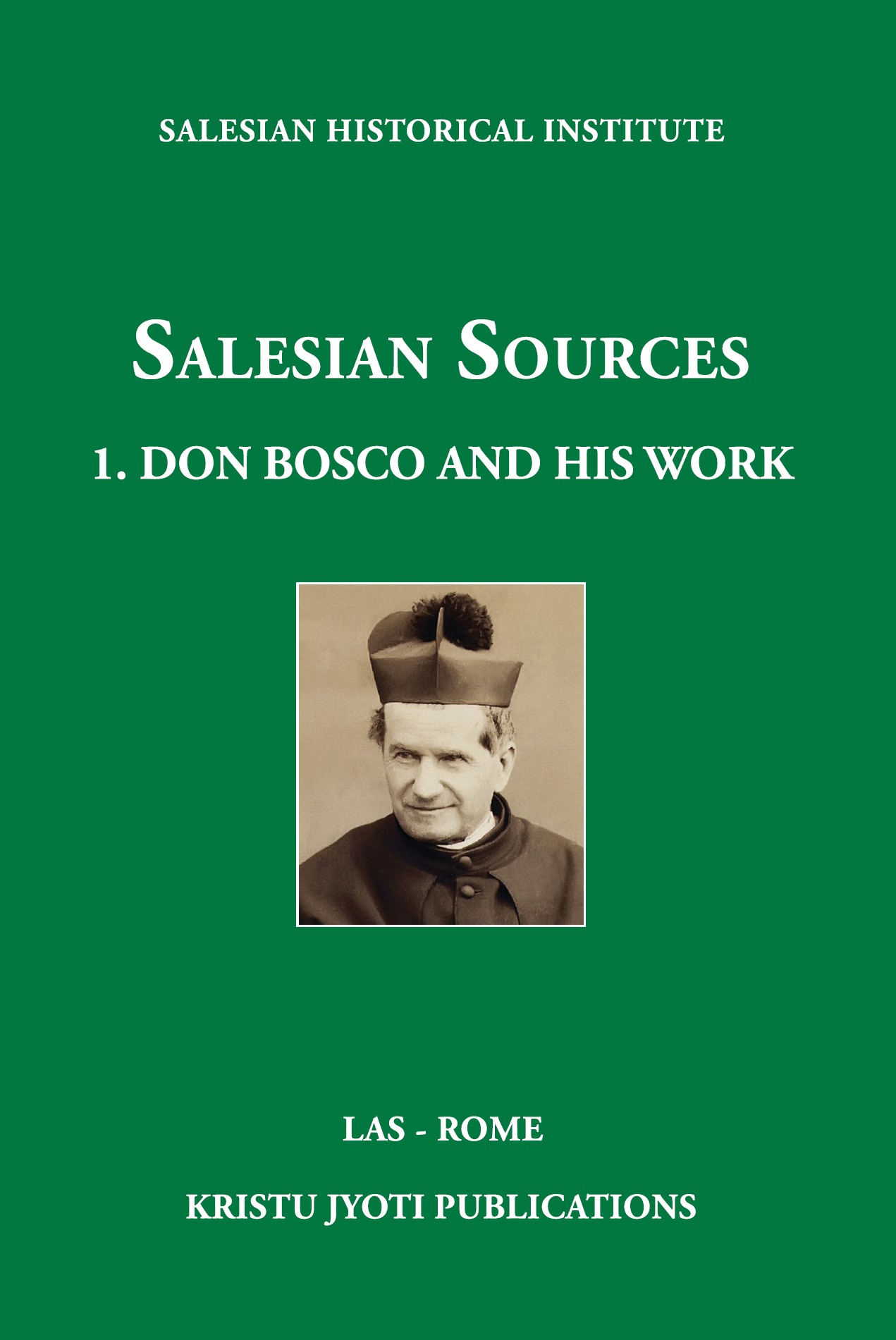Amongst the more original practices put in place as part of the educational praxis at Valdocco, and maintained in the Salesian tradition that then followed from it, we would have to highlight the “Goodnights”: brief “talks” or “short speeches” after night prayers. Don Bosco addressed the pupils in the presence of their educators (superiors of the house, teachers assistants), in a familiar way using simple and attractive language.
Continue reading “Giovanni Bosco – Summary of goodnights to the boys at Valdocco (1864-1877)”
